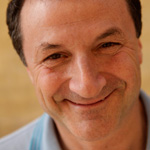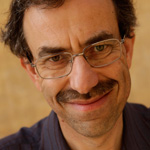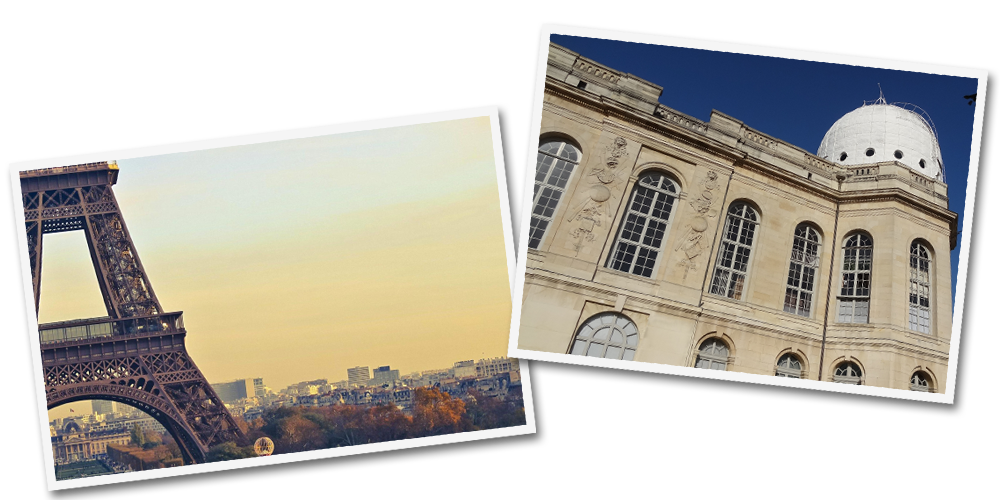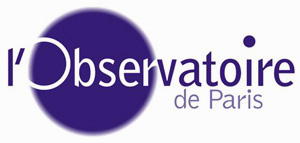Observatory of Paris is the leading astronomical institution in France. It represents one third of the astronomical resources in France. Its activities cover all the major research topics in astronomy, astrophysics and planetary sciences. It welcomes master students, doctorates ands post docs and includes a very performing computer science department and a specialized data center (called Virtual observatory) serving the science community. Observatoire de Paris is member of PSL Research University.
The Laboratoire d'Etudes Spatiales et d'Instrumentation en Astrophysique (LESIA – CNRS UMR 8109), a department of Paris Observatory whose offices are located in Meudon, has acquired an international expertise in the design, development and scientific exploitation of space and ground-based instrumentation for the study of Solar System objects, the Sun, astrophysical plasmas and galactic and extragalactic sources, including extrasolar planets (e.g. Mars Express, Rosetta, Cassini-Huygens, BepiColombo, Corot, NAOS, MIDI, etc.). It is Science coordinator of a labeled Excellence laboratory ESEP (Exploration spatiale des environnements planétaires) selected in the same frame.

Dr. Thomas Widemann, Project coordinator, is a planetary scientist in LESIA and is leading coordinator of the network of ground-based observers in support of Venus-Express. Dr. Widemann is an expert in the coordination of space and ground-based observations of time-critical events. A member of ESA's Venus Express Science Working Team (SWT), he is core-team investigator of SPIRou, the near-IR next generation spectropolarimeter for the Canada- France-Hawaii telescope. Dr. Widemann is reviewer for several scientific journals including Icarus, Journal of Geophysical Research-Planets, Planetary and Space Science, Earth Moon and Planets, History of Universities (Oxford University Press, USA). Dr. Widemann is also Senior Associate Professor at the University of Versailles-Saint-Quentin.

Dr. Emmanuel Lellouch is a planetary scientist at LESIA. He has been working on the field of planetary atmospheres (composition, structure, and dynamics) and planetary and small body surfaces for about 25 years. He has been involved in many ground-based observations and space-borne missions, and has coordinated a ground-based observation campaign in support to Venus Express in 2007. Currently co-I on several planetary and astronomy missions (Cassini, Rosetta, Herschel), he is the co-PI on two Key Programmes on Herschel.
Dr. Raphaël Moreno is expert in observations with radiotelescopes and interferometers and radiative transfer modelling of planetary atmospheres. A member of the ALMA European Scientific Advisory Committee (ESAC), he is Herschel/HIFI associate scientist and ICC member (calibration group), member of the Herschel calibration steering group (HCalSG) and team member of the HSSO and "TNO are cool" Herschel key-programs.





